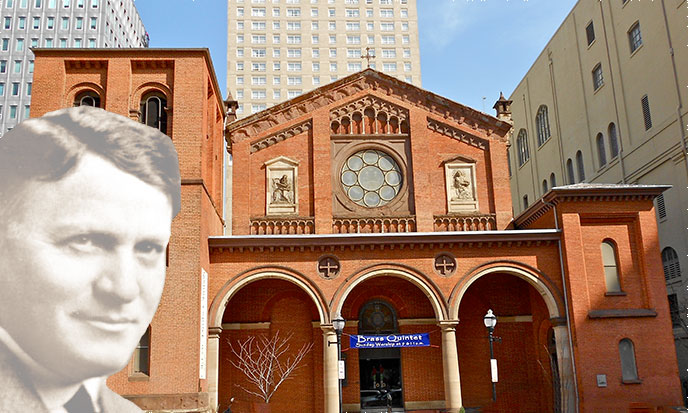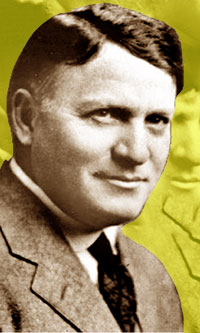
There is a text that I appreciate for years. I can not say whether it is a poem or a prayer, the reader will judge. The circumstances of its discovery, quite incredible, only reinforced my admiration. Here is this text.
Go placidly amid the noise and haste, and remember what peace there may be in silence. As far as possible without surrender be on good terms with all persons. Speak your truth quietly and clearly; and listen to others, even the dull and the ignorant; they too have their story. Avoid loud and agressive persons, they are vexations to the spirit.
If you compare yourself with others, you may become vain and bitter; for always there will be greater and lesser persons than yourself.
Enjoy your achievements as well as your plans. Keep interested in your own career, however humble; it is a real possession in the changing fortunes of time. Exercise caution in your business affairs; for the world is full of trickery. But let this not blind you to what virtue there is; many persons strive for high ideals; and everywhere life is full of heroism.
Be yourself. Especially, do not feign affection. Neither be cynical about love; for in the face of all aridity and disenchantment it is as perennial as the grass. Take kindly the counsel of the years gracefully surrendering the things of youth. Nurture strength of spirit to shield you in sudden misfortune. But do not distress yourself with dark imaginings. Many fears are born of fatigue and loneliness. Beyond a wholesome discipline, be gentle with yourself.
You are a child of the universe, no less than the trees and the stars; you have a right to be here. And whether or not it is clear to you, no doubt the universe is unfolding as it should. Therefore be at peace with God, whatever you conceive Him to be, and whatever your labors and aspirations, in the noisy confusion of life keep peace with your soul.
With all its shame, drudgery, and broken dreams, it is still a beautiful world. Be cheerful. Strive to be happy.”
(source)Max Ehrmann, Desiderata, Copyright 1952.
 This diamondlike poem is supposed to have been discovered more than two centuries ago on a very mysterious way. There’s a legend about it, or, to be precise, an urban myth. The legend said that this text had been found in an old church of Baltimore called St-Paul. The parchment was left there in 1692 by an unknown author.
This diamondlike poem is supposed to have been discovered more than two centuries ago on a very mysterious way. There’s a legend about it, or, to be precise, an urban myth. The legend said that this text had been found in an old church of Baltimore called St-Paul. The parchment was left there in 1692 by an unknown author.
But once again, the truth is not here … Max Ehrmann (1872-1945) is the author. He wrote it in 1927 and published it in 1948 in a collection titled The Poems of Max Ehrmann, page 165. The legend comes from the fact that the rector of St. Paul included this text on a handout with the heading of his church and its founding date, ie 1692, date which was later confused with that of the poem.
If the rector had cited Ehrmann, this beautiful legend would not have emerged, and it would have been a shame.
Anyway, this poem-prayer has often brought me comfort. Hope it can, however little, ease your burden and give you peace.
“Your time is limited, so don’t waste it living someone else’s life. Don’t be trapped by dogma – which is living with the results of other people’s thinking. Don’t let the noise of other’s opinions drown out your own inner voice. And most important, have the courage to follow your heart and intuition. They somehow already know what you truly want to become. Everything else is secondary.” Steve Jobs
“I always feel happy, do you know why? Because I don’t expect anything from anyone; expectations always hurt. Life is short So love your life Be happy Keep smiling and always remember : before you speak… listen; before you write… think; before you spend… earn; before you pray… forgive; before you hurt… feel; before you hate… love; before you quit… try; before you die… live.” William Shakespeare


